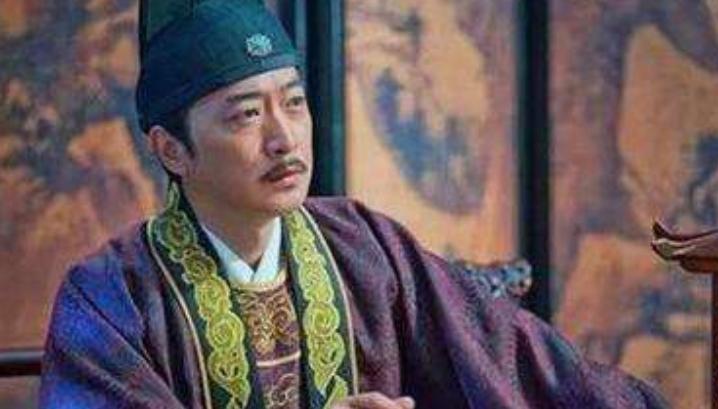Third, the sublimation of the concept of the world
After all, in the pre-Qin era, people's production was too backward, the means of transportation were also quite rudimentary, it was difficult to reach farther places, people relied more on rumors, coupled with existing experience and imagination, perhaps in order to obtain a kind of comfort in the unknown world and unknown, or out of curiosity, this imaginary image must be distorted by subjective thinking, imagination is like a magnifying glass, the image of reality is exaggerated into the book text. Sometimes, imagination can also create a kind of effect out of nothing, such as the description of the "dog country" mentioned in the Overseas Classics in the Classic of Mountains and Seas.
Judging from the above description of the four-sided boundary of "Tianxia", the east, west, south and North Poles are all inaccessible and uninhabited areas, and the four parties can be called absolute domains. The "tianxia" boundary of the pre-Qin era was neither a defined mountain with a wall of thousands of people, nor an unfathomable designated river, it should be related to the scope of human activity.
In those areas that are not suitable for human survival, such as the east to the sea and the west to the quicksand in "YuGong", or the four to the "demons and ghosts" in "Chu Ci Da Zhao", it has become the end of the "world". This actually implies that "the world" is about the world of man.
The connotation of "Tianxia" permeates the meaning of humanity, which means that the concept of "Tianxia" is based on the premise of human existence. Gan Huaizhen wrote in the preface to "The World under Heaven and China in the History of East Asia": "The world is the reasonable living area of the people." Then there is a similar statement: "The world is the realm of the survival of the people."
These two sentences of Mr. Gan Huaizhen highlight the correlation between "the world" and "the people", and the "people" mentioned here is relative to "God". His interpretation of "tianxia" is not empty, and clues can be found from the remarks of the pre-Qin princes. As Confucius once said: "Self-denial and retribution is benevolence, and one day self-denial is restored, and the whole world returns to benevolence." Confucius's "return to benevolence under the heavens" should refer to the people of the world or the people of the world to benevolence.
Mencius also said: "Enjoy the world, worry about the world, but those who are not kings, there is no one." He who is a king should take the "happiness" or "worry" of the people of the world as a great thing, so that there is no one who is not called a king, that is, Mencius's so-called "he who is not a king, there is nothing." Here Mencius reinforces the importance of civil affairs in a tone of double negativity. In the pre-Qin thinkers, the concept of "Tianxia" contained a layer of people-oriented colors, which met the basic needs of people and made them hungry and hungry, and became an important principle for the establishment of the value of the concept of "Tianxia".
In addition to the people-oriented color mentioned above, "Tianxia" acts more as an evangelist of the political and religious order and political and religious ideas. There is a sentence in the "Book of Poetry and North Mountain" that has been regarded as the most precious treasure by the emperors of all generations, that is, "Under the whole world, there is no king's land; and the coast of the land, can not be the king's subject." "The king has supreme authority, it should cover every corner of the world, and the people of the world should be the subjects of the king who is high above." The two words that describe identity, "king" and "subject", correspond to each other. There is a gap in status between the two, and the gap means an order between the upper and lower levels, and this order is a universal existence that applies to the whole world.
This verse in the Book of Poetry, while emphasizing the universality of the order due to the gap in status, also defends the supreme authority of the king. "Tianxia" is a monistic political structure system with Wang as the core, "under the whole world" is where Wang Hua is within reach, "the coast of the land" is the frontier that Wang De has imposed, and even the "Tianxia" boundary in "Yugong" is only a place where "sound and religion are in the four seas", and the focus of the concept of "Tianxia" is more and more inclined to the political and cultural aspects. Mr. Yu Yingshi said bluntly in the Cambridge History of China: "The world is a purer political concept."
